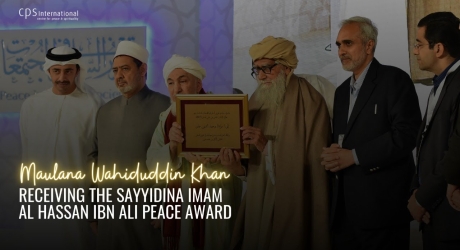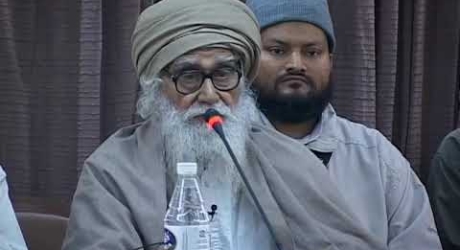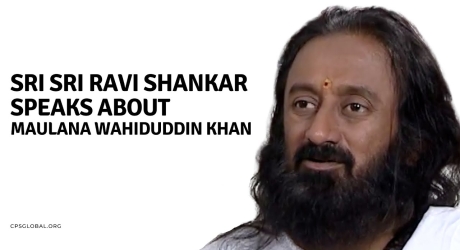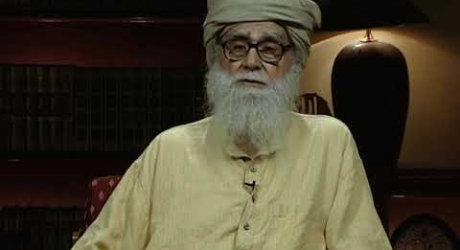In a globalised world comprising multi-cultural, multi-religious pluralistic societies, peace and harmony can be maintained only through interpersonal, interfaith, intercommunity, and international dialogue. Islam is based on the principle of dawah, which is another name for peaceful negotiation and dialogue. The Prophet of Islam started his mission in 610 A.D. His mission was to communicate his ideology to people by talking to them, listening to their objections, and trying to convince them of his viewpoint using arguments. It was but natural that his mission should become subject to bilateral negotiation or dialogue. The Quran lays down specific, meaningful guidelines to make this dialogue fruitful: “Say: “O People of the Book! Come to common terms as we worship none but God between you and us.” (3:64) This verse tells us what the subject of discussion should be when a conversation is being held between two parties. The beginning of a dialogue should not be started with a controversy. Instead, a common ground should be sought on which the discussion should begin. Therefore, the sequence of the discussion should be from agreement to difference of opinion and then back to the agreement. In Islam, the formula for social peace, social harmony and inter-faith dialogue is based on peaceful co-existence as has been given in the following verse of the Quran: “To you then be your way. And to me be mine.” (109:6) The principle of dialogue given by Islam is, “Follow one and respect all”, or the method of ‘mutual respect. (109:6) While respecting others, we must welcome differences wholeheartedly without any reservation. It is hatred that must be eliminated and no difference of opinion. People may have their differences in beliefs, religion, culture, etc. While following their religion, they must have mutual respect for others and discover a common bond, which shows them all to be human beings.
Peace and Interfaith Harmony (Eng)











